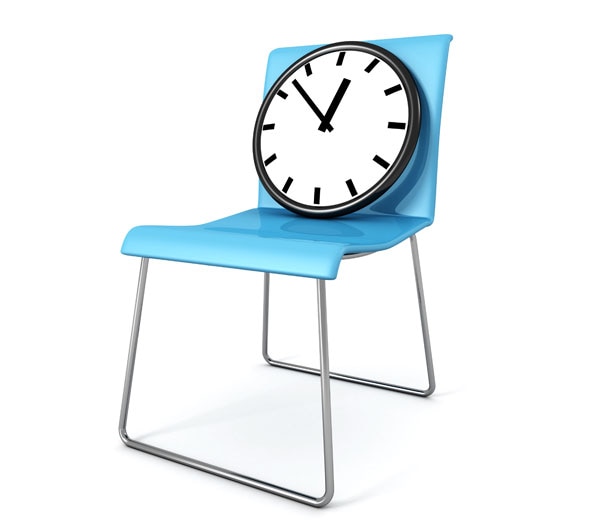I often get asked how long should you wait after an interview to find out if you have been successful. There is no set time frame for interview responses.
It would be usual for the prospective employer to let you know at the end of the interview the schedule for a response. Some companies can make the decision on the day of the interview, for others, months can go by prior to a decision being made.
There are a number of circumstances which can delay the response time which include – annual leave, sickness, hiring managers work schedule, other applications availability, notice period of the existing incumbent, meeting room availability, company events, national holidays etc.
If you were not informed at the interview of the decision process, it would be recommended to contact the recruiter after the interview or the next day to find out.
Recommended jobs for you
If you are recruiting through a recruitment agency, you can also give them feedback on how you feel the interview went and whether on not you are still interested in the role. They will relay this feedback to the hiring Manager.
If you have multiple applications and interviews happening at the same time, make sure to keep a spreadsheet/record of the timescales and full details for each role. You can set alerts in your mobile or calendar to contact the prospective employer the day after they said they would respond to you to chase up on your application.
Although it is bad practice, it is not uncommon for employers to not inform unsuccessful candidates so it is good to chase them up so you are not waiting unnecessarily. I would start with the means of communication the company engaged with you – i.e., if they emailed you about the interview, e-mail them in the first instance for a response. If you do not hear back from them in 3 days, I would follow up the e-mail with a call.
Keep your options open and search for alternative roles to safeguard yourself in case this application does not work out to avoid wasting time through waiting.
More often than not, the delay is out of your control so patience is required. If you really want the role, sometimes it is worth holding out for it.
Long delays can also provide you with valuable information on how the company is run – maybe they are slow to make decisions or are not organised or effective planners.
If these are qualities that do not match your value system, then perhaps the company is not a good fit for you. Take all the evidence presented to you and use it to determine your next move.
Good luck!
Gillian Knight is the MD of Kala Management Solutions and has extensive experience within the field of HR. She has assisted thousands of people write job winning CVs as well providing one to one interview coaching to job seekers.
